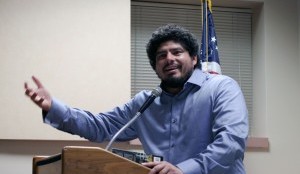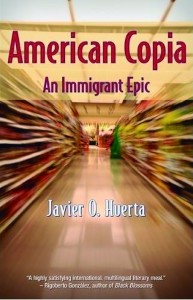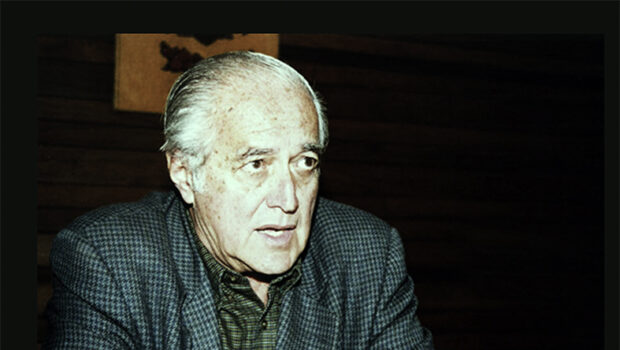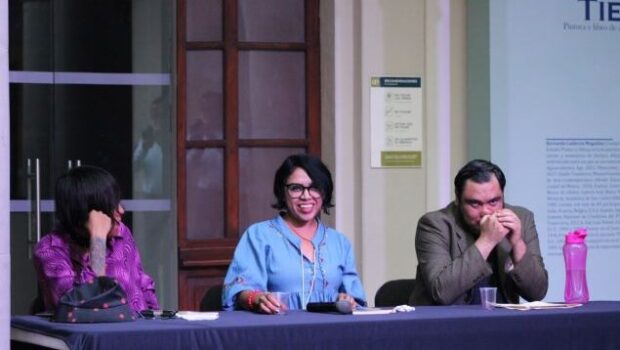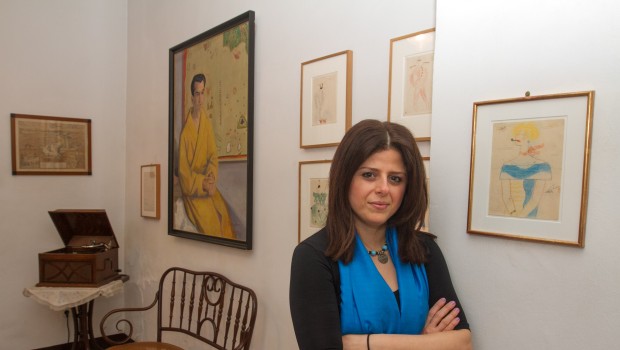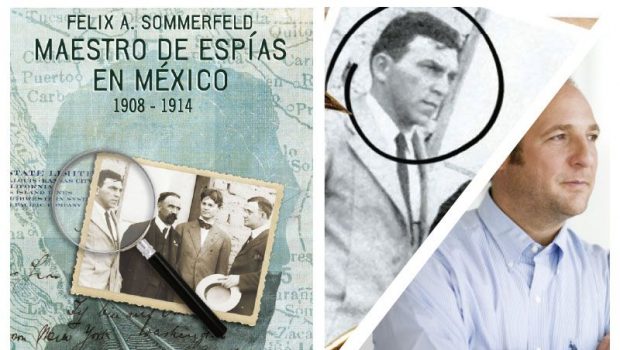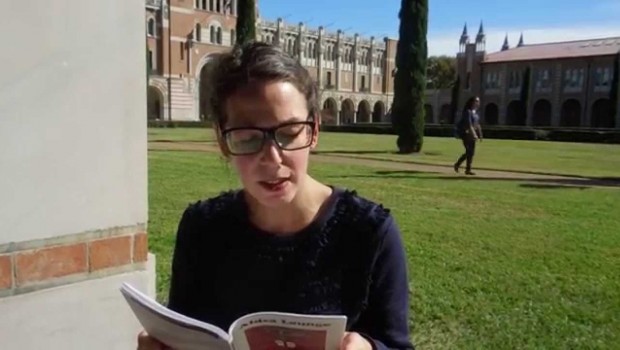Going to the Store
David D. Medina
Javier O. Huerta,
American Copia: An immigrant epic,
Arte Publico Press,
Houston, 2012.
Javier O. Huerta was a student at the University of Houston when his “abuelita,” who was in her seventies, applied for citizenship. This motivated Huerta to seek naturalization, but when it came time for the INS interview, he was stunned by the simplicity of the sentence he was asked to write: “Today, I’m going to the store.”
As an English major, Huerta wanted to tell the INS agent that he “could do things with the English language that she could never imagine.” Instead, he built upon this talent and years later, wrote American Copia: An immigrant epic, where he takes the same sentence and amplifies it, offering such an abundance of variety in expression and ideas as to make the sixteenth-century writer Desiderius Erasmus proud.
Erasmus, who created a manual on how to lend variety to speech and writing, explained in his Copia of Words and Ideas that there is “nothing more admirable or more splendid than a speech with a rich copia of thoughts and words overflowing in a golden stream.” Copia, which means abundance, is what Huerta provides as he shows off his virtuosity and versatility as writer.
Huerta uses the motif of going to the grocery store to examine how his life as an immigrant has evolved in the United States. “But having lived the undocumented experience, I have internalized the need to document my existence,” he writes. Huerta was seven years old when he crossed illegally into Texas, spending the remainder of his adolescence in Houston. Writing in Spanish and English, Huerta employs an array of poems, short stories, plays, text messages, Socratic dialogues, and even a government document based on the theme of going to the grocery store—all in just 100 pages. Some of the brief writings are serious, as when he talks about class differences, hunger, and sexual abuse; others are charming children’s stories, jokes, and surreal illiness, as seen in a flash story about two legs at a grocery store that talk to each other.
He also explores his relationships with family, girlfriend, and friends while tracking his assimilation into American culture. From an English major undergrad to a doctoral student at Berkeley, he goes from a Fiesta in Houston to a Safeway in Oakland, and his taste for food, literature and intellectual discussions becomes more sophisticated. He gains self-knowledge among the aisles of grocery stores.
He realizes, for example, that even after he becomes a citizen, there are forces in society that marginalize him. When frequenting a store that caters to the upper classes, he is constantly watched by employees who distrust him for not fitting “the norm.” He also notes that healthy, organic foods are not accessible to the poor, yet it is in poor countries that many of these foods are grown.
Years after his interview with the INS agent, Huerta asserts that he “has since learned of the abundance of language, which is both a great resource for writers and a daunting challenge.” Huerta has used that resource skillfully and has met the challenge admirably.
Posted: June 30, 2012 at 3:52 am


